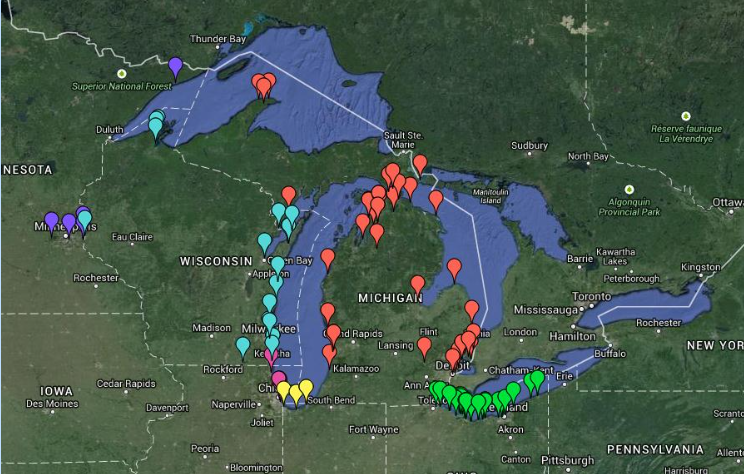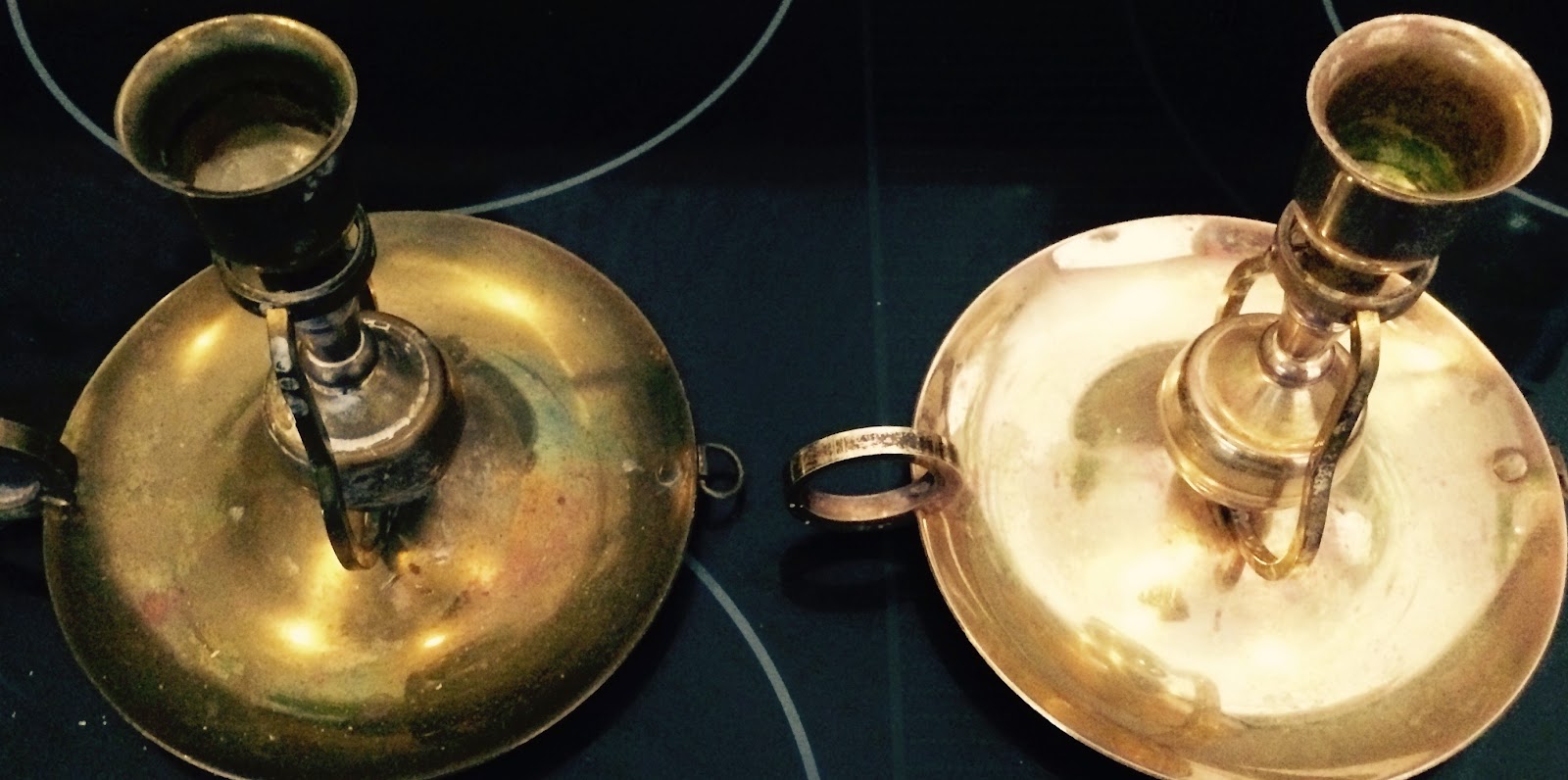 |
| Mark Gillingham (Columbia Yacht Club Cruisers Fleet member, SPLASH Great Lakes) and Kim Kreiling (Illinois Department of Natural Resources) |
On Saturday, April 25, 2015 the Columbia Yacht Club Cruising Fleet sponsored a seminar on keeping our marinas and surrounding water clean (
slides from the seminar). We had a special guest from the Illinois Department of Natural Resources, Kim Kreiling, who is the director of the
Clean Marinas program in Illinois. The Clean Marinas program exists throughout the Great Lakes Region 5 (see the
map of Great Lakes Clean Marinas).
 |
| Each pin represents a certified clean marina. Colors distinguish states. All of Chicago marinas are certified or are in the process of being certified including the Columbia Yacht Club. |
Bottom washing, especially using a power sprayer releases heavy metals, which do not degrade quickly or easily and can accumulate in the food chain. Some states require marinas to have a special permit to wash boat bottoms, but Illinois is not one of them. See these
slides from the Wisconsin Sea Grant for more details.
A clean and shiny boat is easier to keep clean. Wash with nontoxic cleaners and use as little as possible throughout the boating season. A pail of water and a soft brush can remove most particles. Use a hand spray bottle filled with a mild soap solution for tougher dirt and stains. Deeper stains can be removed from fiberglass with a paste of baking soda and water. This fiberglass stain remover has other uses too. I used this stain remover on a faux stone countertop with great results. When a disinfectant is needed (e.g., the head), use a solution of borax and water (1/4c borax in a gallon of water). For nasty mildew, make a paste of lemon juice (or white vinegar) and salt. Rub the paste on the stain and flush with water.
 |
Common household products can become your standard go-to boat cleaning and polishing agents. Recipes for brass, fiberglass, aluminum, and other surfaces are available from the Clean Marinas site (see text).
|
 |
| Nontoxic cleaning products are available from the Columbia Yacht Club store. |
Polishes are also be made from common products. Olive or almond oil can be used to keep interior wood polished bright. Chrome can be cleaned with apple cider vinegar and polished with baby or mineral oil.
 |
A DIY brass cleaner consisting of salt, vinegar, water and 5-minutes of brushing with a soft toothbrush made a huge difference in the shine of the 60-year-old gimbaled candlestick on the right.
|



